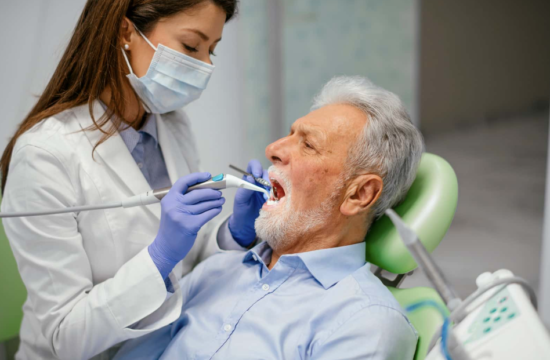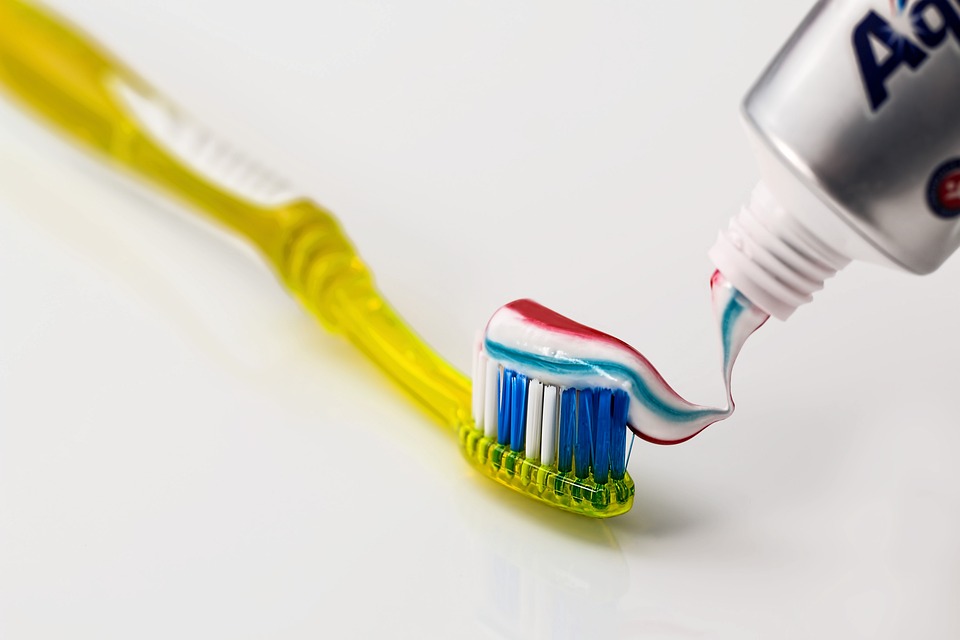Dental implants are a popular tooth replacement option, but they are not without their risks. While the success rate of dental implants is high, there are a number of potential problems that can occur. Here are the seven most likely problems with dental implants, and what you can do to minimize your risk:
1. Implant failure
Implant failure is the most common complication of dental implants. It occurs when the implant does not fuse with the jawbone properly, or when the bone around the implant resorbs. Implant failure can be caused by a number of factors, including:
- Poor oral hygiene: If you do not brush and floss regularly, bacteria can build up around the implant and cause inflammation and infection. This can lead to bone loss and implant failure.
- Smoking: Smoking can damage the blood vessels that supply blood to the jawbone, making it more difficult for the implant to fuse with the bone.
- Diabetes: Diabetes can also reduce blood flow to the jawbone and increase the risk of implant failure.
- Gum disease: Gum disease can cause inflammation and bone loss around the implant, leading to failure.
- Medical conditions: Certain medical conditions, such as osteoporosis and cancer, can also increase the risk of implant failure.
2. Infection
Infection is another common complication of dental implants. It can occur at any time, but it is most common in the early stages of healing. Infection can be caused by bacteria that enter the mouth during surgery, or by bacteria that are already present in the mouth. Symptoms of infection include pain, swelling, redness, and drainage around the implant site.
3. Nerve damage
Nerve damage can occur during implant surgery if the implant is placed too close to a nerve. This can cause numbness, tingling, or weakness in the tongue, lips, gums, or face. Nerve damage is usually temporary, but it can be permanent in some cases.
4. Sinus problems
Dental implants in the upper jaw can sometimes protrude into the sinus cavity. This can cause inflammation and infection of the sinuses, leading to symptoms such as sinus pain, congestion, and drainage.
5. Peri-implantitis
Peri-implantitis is an inflammation of the gums and bone around a dental implant. It is similar to gum disease, but it is more difficult to treat. Peri-implantitis can lead to bone loss and implant failure.
6. Implant fracture
Dental implants are very strong, but they can fracture under certain circumstances. Implant fracture can be caused by excessive force, such as from biting on a hard object. It can also be caused by fatigue, which is the gradual weakening of the implant over time.
7. Allergic reaction
Although rare, it is possible to have an allergic reaction to a dental implant. The most common allergy is to titanium, which is the material that most dental implants are made of. Symptoms of an allergic reaction to a dental implant include rash, itching, hives, and swelling.
How to minimize your risk of dental implant problems
There are a number of things you can do to minimize your risk of dental implant problems:
- Choose a qualified dentist or oral surgeon. Make sure your dentist or oral surgeon is experienced in placing dental implants.
- Get a thorough medical and dental evaluation. Be sure to tell your dentist or oral surgeon about any medical conditions you have, and any medications you are taking.
- Follow your dentist’s instructions carefully. Be sure to follow your dentist’s instructions on how to care for your dental implants, and on how to brush and floss your teeth.
- Maintain good oral hygiene. Brush your teeth twice a day and floss once a day to remove plaque and bacteria.
- See your dentist for regular checkups and cleanings. Your dentist will be able to check your dental implants for any problems.
If you experience any problems with your dental implants, be sure to see your dentist immediately. Early treatment can help to prevent more serious problems from developing.
Dental implants are a safe and effective tooth replacement option for most people. However, it is important to be aware of the potential problems that can occur. By taking steps to minimize your risk, and by seeing your dentist for regular checkups and cleanings, you can increase your chances of success with dental implants.
This story was created using AI technology.







